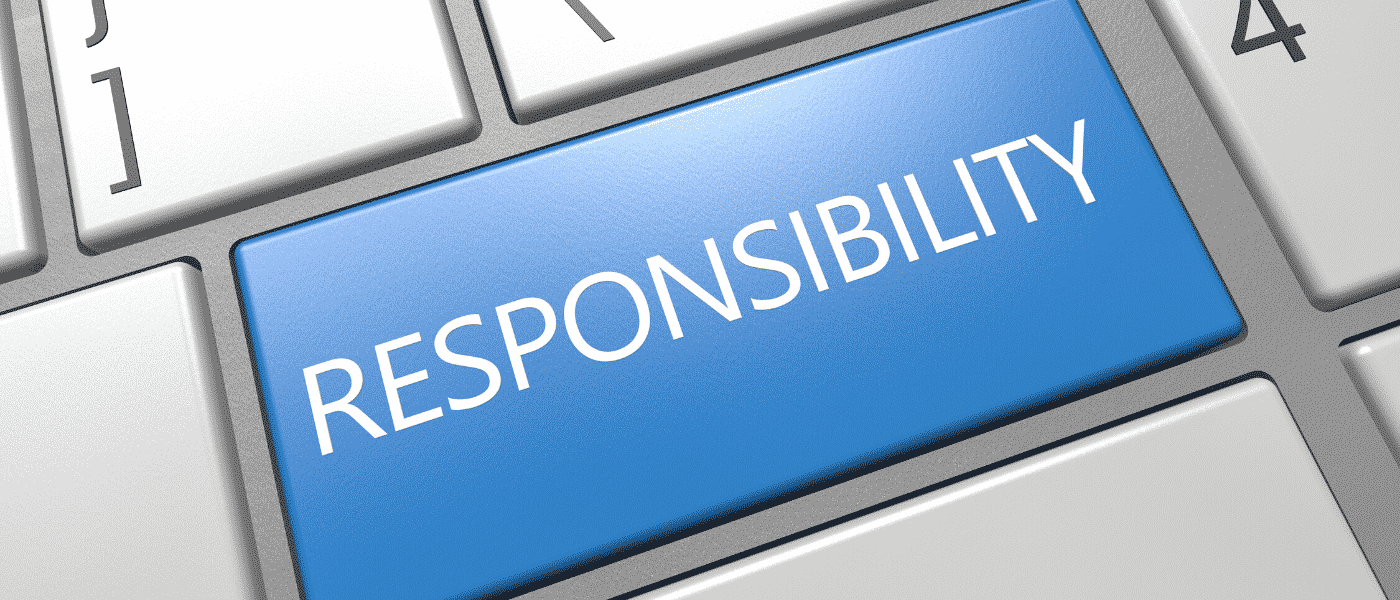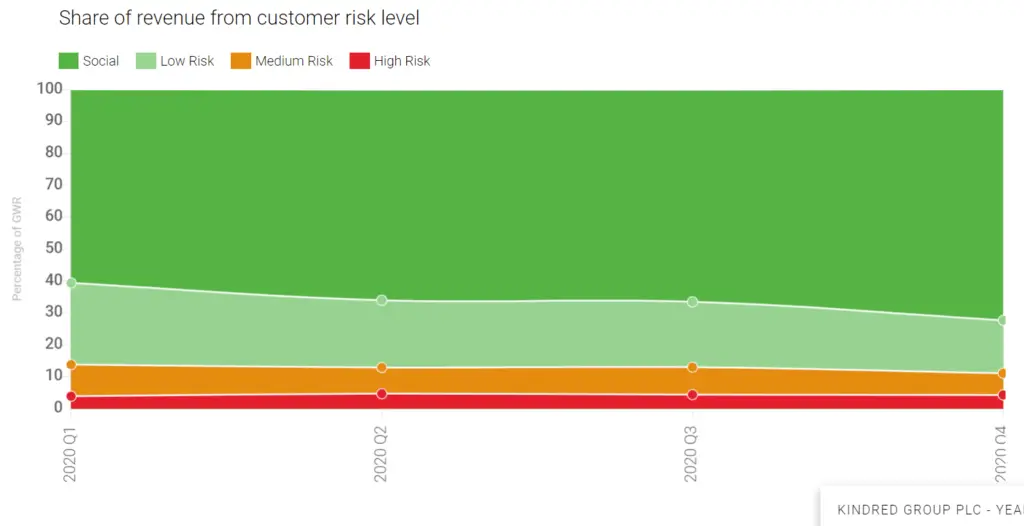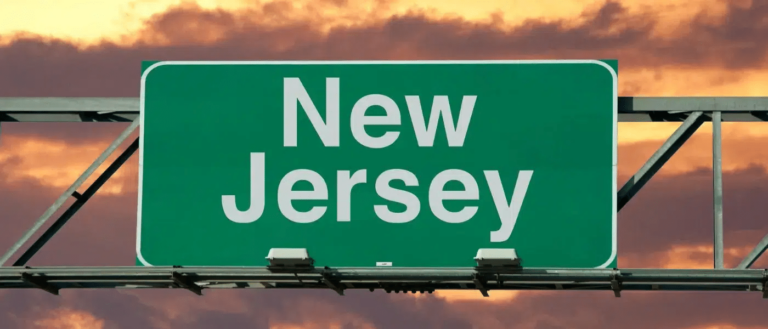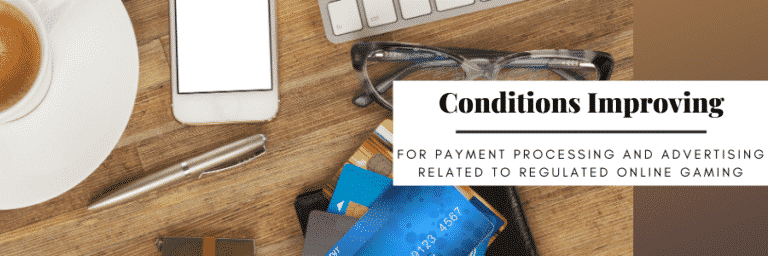Responsible Gambling Leadership In The US Market

In competitive industries, it’s challenging to differentiate. It’s even harder to distinguish your business in a way that appeals to all customers. And harder still to set yourself apart in an inimitable way. These are the challenges that US gambling operators face.
How does an airline differentiate from its competitors? Offering more legroom and bigger seats necessitates higher prices, which will be off-putting to the price-sensitive flyer. Conversely, lower prices will require cost-cutting measures that don’t appeal to passengers that prioritize comfort over cost. And suppose you do differentiate in these ways, and it works? You can bet your competitors will follow suit.
But there is a way to differentiate that few businesses broach: taking big chances. Leading on something others are unwilling to lead on.
In the US gambling sector, there is little unchartered territory. Operators have explored everything from price sensitivity to amenities over gambling to smoking bans to appealing to locals or tourists. One path no one has ventured down is responsible gaming.
The US’s current responsible gaming situation is dictated by laws and regulations, with operators implementing the required policies to stay in compliance. As such, there is little differentiation amongst operators. It’s an equal playing field. But that could be changing.
It’s Time to Think Outside the Box
The key issue (in my mind) is that operators view responsible gaming as bad for the bottom line. Implementing policies, donating to treatment programs, and funding research and technology costs money. But the big issue is that it’s believed that if one company does it and another doesn’t (because it’s not required to), it puts the former at a competitive disadvantage to the latter.
In an October column, I wrote, “There shouldn’t be a one-size-fits-all approach to responsible gaming, but at the moment, that’s what we have.” Putting a finer point on it, I argued that the current messaging deals with only the end-point of the problem gambling arc.
“I’ve been delighted to see the industry fully embracing responsible gaming messaging and policies in recent years. At the same time, that messaging is boilerplate. It often comes across as quite stale and unlikely to resonate across the entire spectrum of problem and at-risk gamblers.
“In fact, I’d argue it reaches only a small portion of its intended audience; the people already in the throes of problem gambling at or fast approaching rock bottom.”
The Situation in the UK Is a Clear Warning
This situation becomes even more problematic during the current period of rapid gambling expansion in the US. The writing is on the wall when it comes to where this gambling train’s final destination is.
As EPIC Risk Management’s Head of Delivery US, Mark Potter, told [paywall]:
“My biggest concern is how the UK market went,”]. “There was a massive boom in online betting and sports wagering, there was a flood of money that poured into the economy through it, and it was all positive, to begin with. But then three, five years down the line, we started to see the signs of harm.”
The UK and many European jurisdictions are in the throes of a state-imposed responsible gambling overhaul. If the US has any hope of heading off a similar effort – it may already be too late – operators need to step up and take drastic steps to up their responsible gambling game.
Who Is Going to Step Up?
Earlier I said an operator taking the lead on responsible gambling believes it’s at a disadvantage to operators without the same self-imposed burdens. But does it?
As I said in the opening, there’s an opportunity to differentiate, and perhaps more importantly, lead. That type of leadership would be an instant brand boost and make the operator that takes the risk synonymous with responsible gaming.
That raises the question, who is going to take the lead on this?
One company that appears to be stepping up is Kindred, the parent company of the Unibet brand. The company has taken it upon itself to reduce its revenue from “harmful gambling” to zero by 2023.
According to the company:
“Kindred is devoted to creating long-term sustainable growth and profitability by providing customers with a safe and entertaining gambling experience. To achieve this, we put great focus on understanding and promoting safer gambling, with the aim to prevent any harmful gambling on our platform. Our ambition is that zero percent of the revenue from our platform is generated from harmful gambling by 2023.”
Kindred now releases quarterly data on where its gambling revenue comes from:

This level of transparency is what I mean by taking risks and doing what others are unwilling to do.







